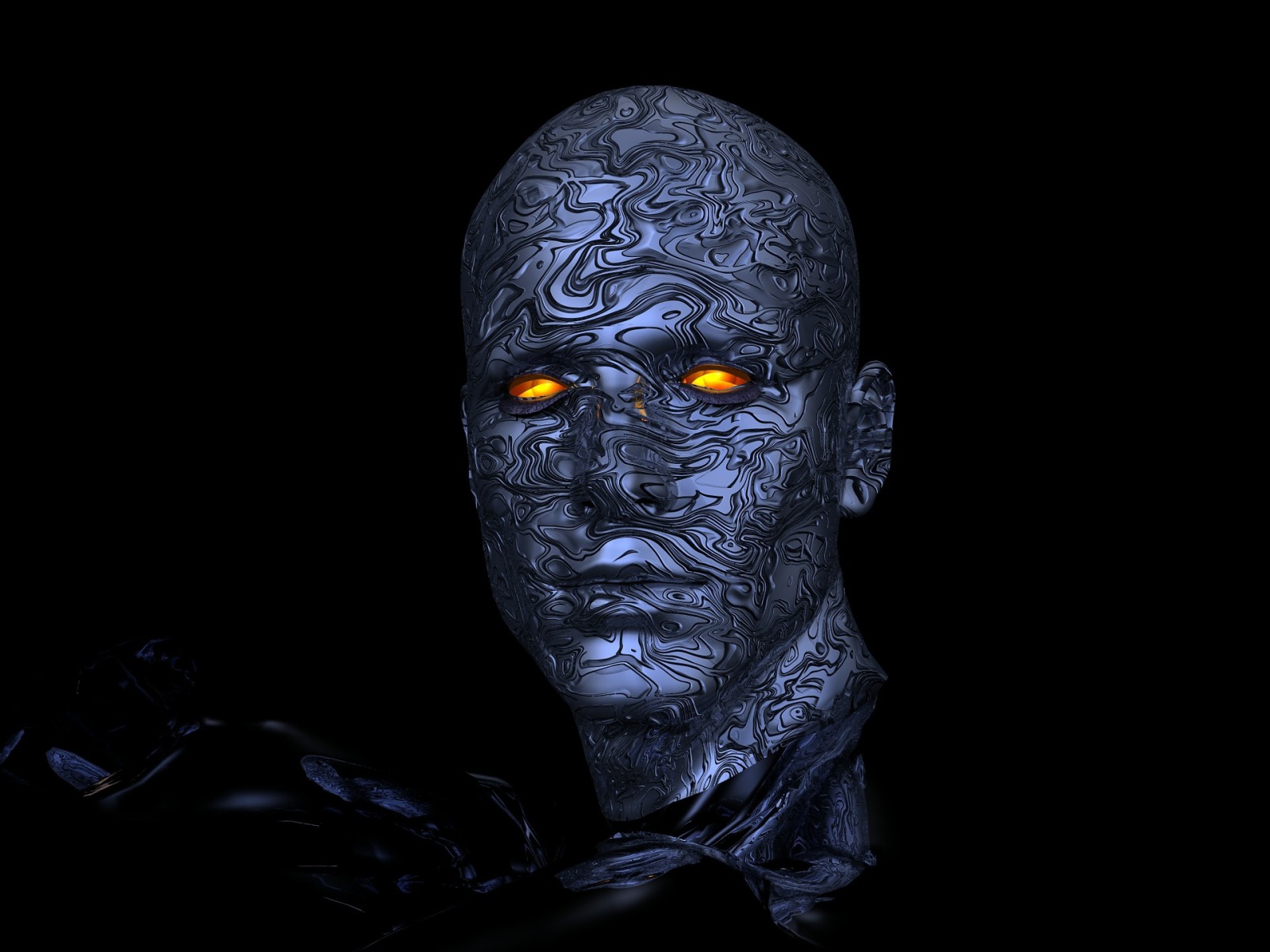Will robots take over the world?
Interview with
There may be a long way to go when it comes to figuring out the details of  creating super intelligent, humanoid robots - in principle though, it's possible so let's say, hypothetically, we were able to make an a super intelligent algorithm. How would we get from something that operates from a hard drive to the likes of Skynet? Kat Arney spoke to Martin Robbins to find out whether something like this is even possible...
creating super intelligent, humanoid robots - in principle though, it's possible so let's say, hypothetically, we were able to make an a super intelligent algorithm. How would we get from something that operates from a hard drive to the likes of Skynet? Kat Arney spoke to Martin Robbins to find out whether something like this is even possible...
Martin - No!... Or if you want the long answer... No!
Graihagh - Well, that's shut me up hasn't it...
Martin - My name's Martin Robbins. I've worked in A.I. in industry for the last eight or nine years and I write the Guardian's "Raising Hal" blog on artificial intelligence and data science.
Graihagh - Martin and our Kat Arney sat down for a cuppa to mull over why the terminator isn't going to become a reality any time soon...
Martin - The idea of the singularity has been around in one form or another since the 1950's and it's become more popular in the last 20 or 30 years. The idea behind it is that at a certain point of development, an A.I. would become better at producing successive versions of itself than a human would. Once that happens, then it's evolution would become, essentially, unpredictable and, essentially, the singularity is the point at which we have no idea what would happen.
Kat - Do you actually see that happening in the future?
Martin - I think it's a question that's almost impossible to answer. In a way it's very similar to the Victorians speaking what constitutes life and how do we create life. So, if you go back 120 years, people like Mary Shelley were obsessed with the idea that you could reanimate a corpse and somehow take a inanimate object and imbue in it with the qualities of life. The problem with that is you immediately start falling into all these semantic questions and practical questions about what do you mean by life. What does it mean to give life to an object and you hit the exact same problems when you start talking about sentience. Until you've got a meaningful working definition of what it means to be sentient that comes beyond just philosophy and, actually, has some kind of practical, real world equivalents. There's just no real way to answer the question.
Kat - I guess one of the problems is when we see depictions of artificial intelligence, robots for want of a better word, in films, there's this idea that they have feelings, thoughts, they have interactions with humans. Is this just us projecting onto A.I.s what we think that they might be - building them in our own image in our own minds?
Martin - Well that's part of the problem. Every time we talk about something like sentients, we immediately start to bring to that word all the baggage that we have from our own experiences of being a sentient creature. So we talk about artificial intelligence and remember that artificial intelligence at its root is purely about trying to recreate mechanisms of intelligence and problem solving that humans use. As soon as you start talking about motivation, or emotions, or feelings, or goals, or objectives, all of these other things, you're going beyond the original remit and you're starting to link intelligence to lots of things that are basically part of the human experience and this is one of the problems really. If you look at the way we relate to artificial intelligence, it's incredibly ego driven and it becomes less about what would an intelligent system be like and it becomes more about how we create something that we can relate to and that sort of reproduces us in an immortal or god-like form.
Kat - Is there any inkling that an artificial intelligence would like humans, hate humans, want to destroy us?
Martin - You've literally no idea what direction this could go in. It might want global conquest or it might be happy like trolling chess programmes. There's no reason to think it's going to do one thing or the other.
Kat - Particularly in films or in popular culture, there's this idea that intelligent robots will rise. The idea of a clone army or robotic artificial intelligences taking over but I've seen videos robots trying to walk, trying to do stuff. I think there's quite a long way to go here - am I right?
Martin - Yes, I'd say so. There's obviously been a lot of interest recently in companies like Boston Dynamics who've been experimenting with robots that walk on legs. At the moment, the state of walking robots is pretty poor. They can go a short distance but they need a lot of supervision. There's no way that you take a robot and send it off across several miles of open terrain and expect it to get back again in one piece unless it was on wheels and the terrain was reasonably flat.
Kat - So no marauding armies of robots anytime soon?
Martin - No - not soon anyway.
- Previous What about the robotics?
- Next How one man is copying the brain









Comments
Add a comment